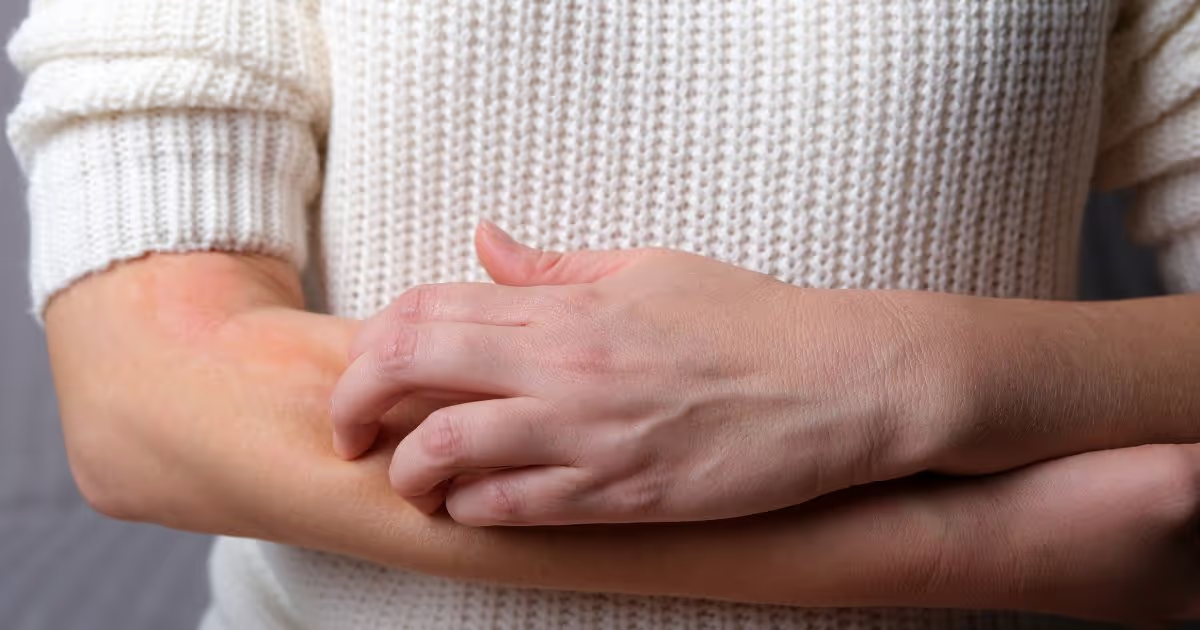Choose the content to read
- Aquagenic Urticaria
- What are the symptoms of aquagenic urticaria?
- What causes aquagenic urticaria?
- How is aquagenic urticaria diagnosed?
- How is aquagenic urticaria treated?
Aquagenic Urticaria
Aquagenic urticaria, also known as water allergy, is a rare skin reaction that occurs after contact with water, including tears and sweat. Symptoms consist of swelling, itching, and hives, which appear shortly after contact with water. This condition is more common in females and may be confused with other allergic reactions, such as cold-induced or heat-induced urticaria. If there is suspicion of an allergy, it is advisable to consult a physician for proper diagnosis and treatment.
What are the symptoms of aquagenic urticaria?
If you have aquagenic urticaria, you may experience the following symptoms:
- Hives within 30 minutes of water exposure.
- Burning pain.
- Skin redness.
- Itchiness.
- Skin inflammation.
- Wheezing and rapid, shallow breathing, which is rare.
The symptoms usually resolve within 30-60 minutes after you are no longer in contact with the water.
What causes aquagenic urticaria?
Scientists have not extensively researched the precise causes of water allergy. Nonetheless, they have proposed two mechanisms:
- Interaction between water and sebum irritates mast cells, causing them to release histamine.
- Allergens on the skin are dissolved by water, triggering an allergic reaction.
How is aquagenic urticaria diagnosed?
- Physical exam and medical history review
- Water challenge test: A warm, damp cloth (35°C) will be placed on your skin for 20 minutes to check if you develop allergic symptoms. This test helps rule out other types of urticaria, such as cold-induced and heat-induced urticaria.
How is aquagenic urticaria treated?
Currently, there is no definitive cure for aquagenic urticaria, and its rarity hinders research into its treatment. Nonetheless, typical treatments include:
- Oral antihistamines are the first line of treatment.
- Topical medications, e.g., creams or emulsions
- Phototherapy uses artificial UV light to treat skin conditions. The doctors may consider this treatment modality if oral antihistamines and topical medications fail to improve your condition.
- Other medications, such as asthma medications, anabolic steroids, or selective serotonin reuptake inhibitors (SSRIs), may help improve water allergy symptoms.








